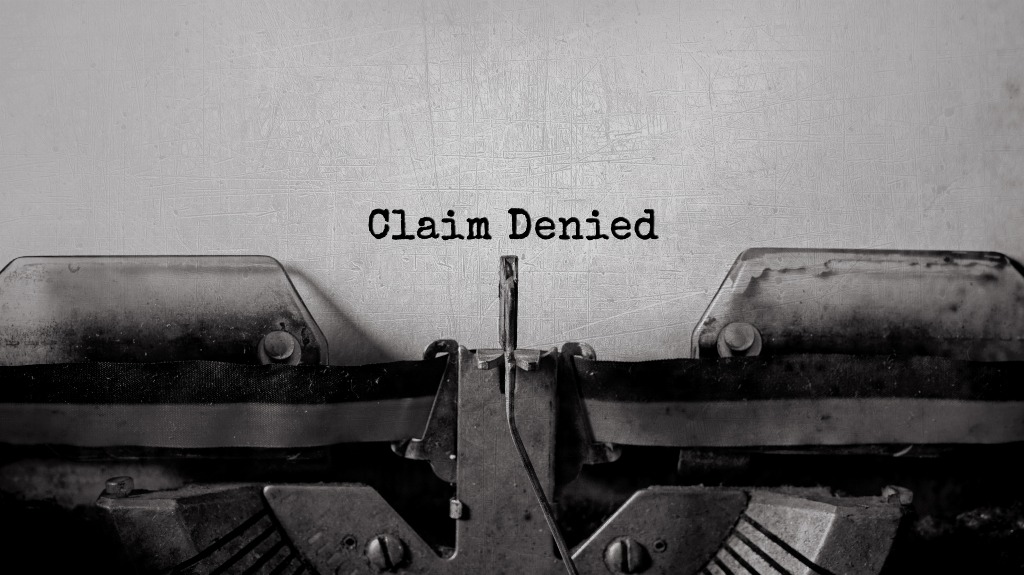
Denial claims for SSDI are common, but what are the top 5 reasons for denied SSDI claims? Find out what you can expect, what your course of action should be, and how Tabak Law can help you get the Social Security Disability Insurance benefits that you deserve.
Why is your SSDI Claim Being Denied?
First, know that you are not alone. A vast majority of SSDI claims get denied the first time. It’s just how the system works. Don’t be discouraged. Instead, keep fighting and try to understand why your claim might have been denied. Most reasons are not definitive and can be argued.
Read More: What Other Benefits Come With SSDI?
1. Insufficient Medical Evidence
The Social Security Administration or SSA will often claim that you do not have enough medical evidence to support your claim. This is one of the reasons it’s very important that you see a doctor about your disability. Yes, you want to go to them for treatment, but they also serve the role of officially documenting your symptoms. And providing a diagnosis. If you have not been seeking medical attention for your condition, then you are not likely to be approved for SSDI. It can also be the case that the SSA did not receive all of your relevant medical records, so it’s important that you follow up on that as well.
2. Failure to Pursue the Appeals Process
If you get denied on your initial claim, it’s an unfortunate fact that many people stop their pursuit there. In truth, you should keep going. Your next step is a reconsideration. More often than not, a reconsideration will provide the same result, but don’t give up. Many cases that have been denied for their initial claim and their reconsideration are then approved during the final appeal. This approval rate increases even further if you seek out legal help.
3. Symptoms or Condition Does Not Qualify

It is common for the SSA to decide that your condition or your symptoms do not qualify. The SSA maintains a list of all the conditions that qualify and what severity the symptoms of that condition have to be in order for you to qualify. There can even be situations in which you have multiple conditions and each condition, taken on its own, is not grounds for SSDI benefits, but taken together may qualify you. Again, this is a good time to consult a lawyer to ensure that you’re getting the benefits that you are entitled to.
Read More: 10 Most Common Qualifying SSDI Conditions
4. Not Enough Work History
If you have never worked, your work history is not recent enough or is not long enough, then you may not qualify for SSDI at all regardless of your condition. This comes from paying into Social Security and a certain number of credits have to be earned over the last 10 years, though some requirements are different for younger applicants. Though you may not qualify for SSDI without a work history, SSI can still apply to your situation as the medical requirements are the same.
5. You Earn Too Much
We did say that most reasons can be argued, but this last one is pretty definitive. If you earn more than the substantial gainful activity amount or SGA—which for 2023 is a monthly income of $1,470—then your claim will be denied. Things like pensions, annuities, welfare, unemployment, and worker’s comp, are not counted toward your earned income.
Read More: Will Your SSDI Benefits Change if You Get Married?
Seek Legal Help With Your SSDI Claim
Need help getting the SSDI benefits that you deserve? Contact Tabak Law for a free case review! We take no payment unless you win your claim and we only get paid as a percentage of your back pay, so there will be no cost to you from your ongoing benefits. We’re ready to help you!
Nothing posted on this website is intended, nor should be construed, as legal advice. Blog postings and site content are available for general education purposes only.
